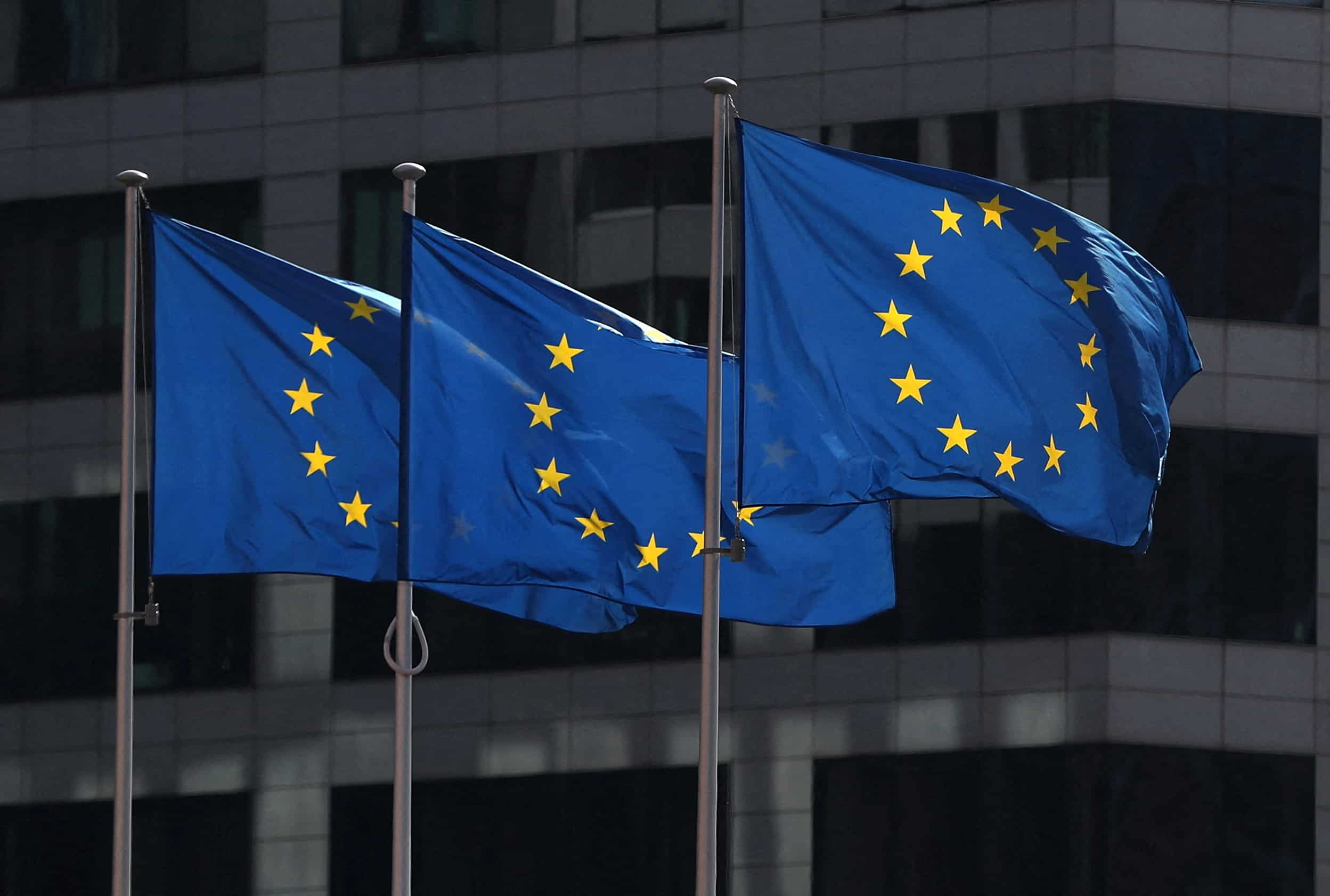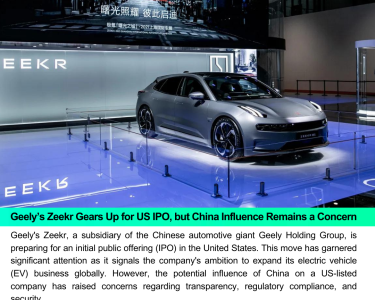Belgium — The European Commission on Wednesday suggested a ban on all products made with forced labour, motivated by worries about the state of human rights in the Chinese province of Xinjiang.
Following the proposed legislation, the ban “shall apply to products for which forced labour has been employed at any stage of their production, manufacture, harvest, and extraction, including working or processing linked to the items,”
The proposal, which would go into effect two years after being passed, will now be discussed by the European Parliament and the member states of the European Union. Some members of the parliament argue that it does not go far enough and are advocating for a broad ban akin to the one just recently enacted by the United States. Beijing is also sure to respond fiercely, having lashed out at what it saw as “protectionist” moves last week.
China was urged to look into “allegations of torture, sexual abuse, mistreatment, forced medical treatment, as well as forced labour and reports of fatalities in custody” by the United Nations in a recent human rights report. Beijing’s response said that “there is no such thing as “forced labour,” and the legitimate rights and interests of workers from all ethnic groups in Xinjiang are protected.”
A significant portion of the world’s solar panel components come from Xinjiang, an important cotton producer.
With the enactment of the Uighur Forced Labor Prevention Act, a more stringent restriction than the EU’s suggestion because it assumes all products from Xinjiang are created with forced labour, the U.S. effectively barred the import of items from the Chinese territory last year.
The European Commission’s proposal does not mention any particular region or nation of origin. It might have faced opposition from countries in the World Trade Organization if it had.
The law would make it up to European national governments to demonstrate that items are made or processed using forced labour. They must conduct investigations, concentrating on producers and businesses in the industries and areas where forced labour is most likely to occur.
Within 30 days of a preliminary inquiry, authorities will launch a second investigation into the products and businesses suspected of using forced labour if a potential substantiated violation is discovered. Companies would have to give details about the products and suppliers being looked into. While investigations are being conducted, customs officials would have to halt the flow of the products.
The European Commission has published a proposal for an anti-forced labour directive, which would extend and strengthen the existing rules for tackling forced labour. If drafted and approved, it would be the first legislation to address forced labour in the EU.
The Commission’s proposal is designed to prevent forced labour from happening in the first place and to ensure that all businesses in the EU have adequate systems in place to identify and prevent forced labour from their supply chains.
On top of this, the Commission is also working closely with international partners to jointly tackle forced labour at its source.
In addition, EU nations must enact “effective, appropriate, and dissuasive” fines if businesses continue to sell these products.
Although smaller businesses are included in the proposed law, enforcement is expected to concentrate on major companies because they are most likely to have a significant impact.
Following the proposed legislation, the ban “shall apply to products for which forced labour has been employed at any stage of their production, manufacture, harvest, and extraction, including working or processing linked to the items,”
The proposal, which would go into effect two years after being passed, will now be discussed by the European Parliament and the member states of the European Union. Some members of the parliament argue that it does not go far enough and are advocating for a broad ban akin to the one just recently enacted by the United States. Beijing is also sure to respond fiercely, having lashed out at what it saw as “protectionist” moves last week.
China was urged to look into “allegations of torture, sexual abuse, mistreatment, forced medical treatment, as well as forced labour and reports of fatalities in custody” by the United Nations in a recent human rights report. Beijing’s response said that “there is no such thing as “forced labour,” and the legitimate rights and interests of workers from all ethnic groups in Xinjiang are protected.”
A significant portion of the world’s solar panel components come from Xinjiang, an important cotton producer.
With the enactment of the Uighur Forced Labor Prevention Act, a more stringent restriction than the EU’s suggestion because it assumes all products from Xinjiang are created with forced labour, the U.S. effectively barred the import of items from the Chinese territory last year.
The European Commission’s proposal does not mention any particular region or nation of origin. It might have faced opposition from countries in the World Trade Organization if it had.
The law would make it up to European national governments to demonstrate that items are made or processed using forced labour. They must conduct investigations, concentrating on producers and businesses in the industries and areas where forced labour is most likely to occur.
Within 30 days of a preliminary inquiry, authorities will launch a second investigation into the products and businesses suspected of using forced labour if a potential substantiated violation is discovered. Companies would have to give details about the products and suppliers being looked into. While investigations are being conducted, customs officials would have to halt the flow of the products.
The European Commission has published a proposal for an anti-forced labour directive, which would extend and strengthen the existing rules for tackling forced labour. If drafted and approved, it would be the first legislation to address forced labour in the EU.
The Commission’s proposal is designed to prevent forced labour from happening in the first place and to ensure that all businesses in the EU have adequate systems in place to identify and prevent forced labour from their supply chains.
On top of this, the Commission is also working closely with international partners to jointly tackle forced labour at its source.
In addition, EU nations must enact “effective, appropriate, and dissuasive” fines if businesses continue to sell these products.
Although smaller businesses are included in the proposed law, enforcement is expected to concentrate on major companies because they are most likely to have a significant impact.





